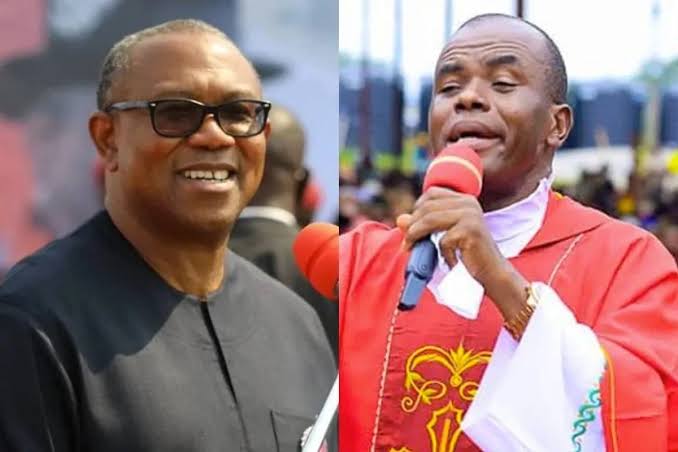By Sam Amadi
This morning I encountered those moments that teach you better than a Harvard class. I am about to host my town’s people this evening. In the last three days I have been making preparations, hiring food vendor and paying for drinks. I asked my assistant to do a budget for drinks. Then I thought about not even buying alcoholic drinks and presenting just fruit juice for my guests. It was then I remembered that when I attended meetings and events hosted by my Muslim friends, there are no alcohol drinks and we ate well and healthy. So, why can’t I do the same? I told him I would not buy alcoholic drinks . It will be fruits drinks only. At this point, Hell broke loose. “How can you disappoint our people like that. You cannot do that”, he threatened.
Finally, I succumbed to the threat that my people will be highly disappointed in me if I fail to provide sufficient alcohol for them. It is a real shame that our people insist on converting all social events to drinking events. Diner drink should be a glass of table wine or fruit juice. But our people have rewritten the rules to include cartons of very expensive champagne and assorted spirits. The amount of money spent on drinks in Nigerian social events is mind-boggling. But it is now a routine. Social media reports Nigerian social big wigs spending more than N16m on drinks alone in one outing in a lounge. It is understandable that Nigeria is the best market in the world for Moët, the expansive choice drink for social events.
So this morning, as I received a bill of N65,000 for drinks, I was still undecided whether spending such an amount would be a good idea. My assistant was clearly scandalized that I could brood over such a negligible cost to make my people happy. I was wondering why he felt so embarrassed by my hesitation. It then occurred to me that he does not yet understand the real costs of spending N65,000 on alcoholic drinks. I realized that he needed some lectures on economics. I started with Professor Lionel Robbins definition of economics as “the science which studies human behavior as a relationship between ends and scarce means which have alternative uses”. The key phrases are ‘scarce means’ and ‘alternative uses’.

I let him know that I had just received news of a sick relative who has to pay a hefty health bill. I also have relatives who need help to pay primary school fees. I could spend the N65.000 to assist a relative who has a health challenge and is finding it difficult to pay his medical bills; and I could use the same amount to pay WAEC fee for three bright students whose parents are struggling to keep them in school. There are many things that N65,000 not used to make friends happy can do to improve the livelihood of someone in the community.
He got the lesson. He is an expert in sustainable development but he has not got such clarity about the value of money and the opportunity costs of any spend. He saw that when someone is accused of stinginess, as long as the person applies his finances to better alternative uses, he has acted virtuously and is more public spirited than the person of reckless generosity. A wise and responsible person has a responsibility to ensure his finances achieve the best results that are possible. Saving N65,000 from getting your friends a little tipsy and sending it to a relative that has a medical need is a wise and virtuous use of resources.
This also applies to management of public resources. There is little value helping your friends and supporters to live big with public finance when teachers are not paid, doctors and nurses are moving out of state, and there are no functional healthcare facilities in the communities. Take all those brown envelopes you give to journalists and the ‘Ghana must go’ bags you give to support groups and ‘leaders’ in the state and use them to improve education and health, and pay teachers and workers regular and living wages.
That is how a person who understands the value of money spends it.
• Amadi is a law lecturer and public affairs analyst.